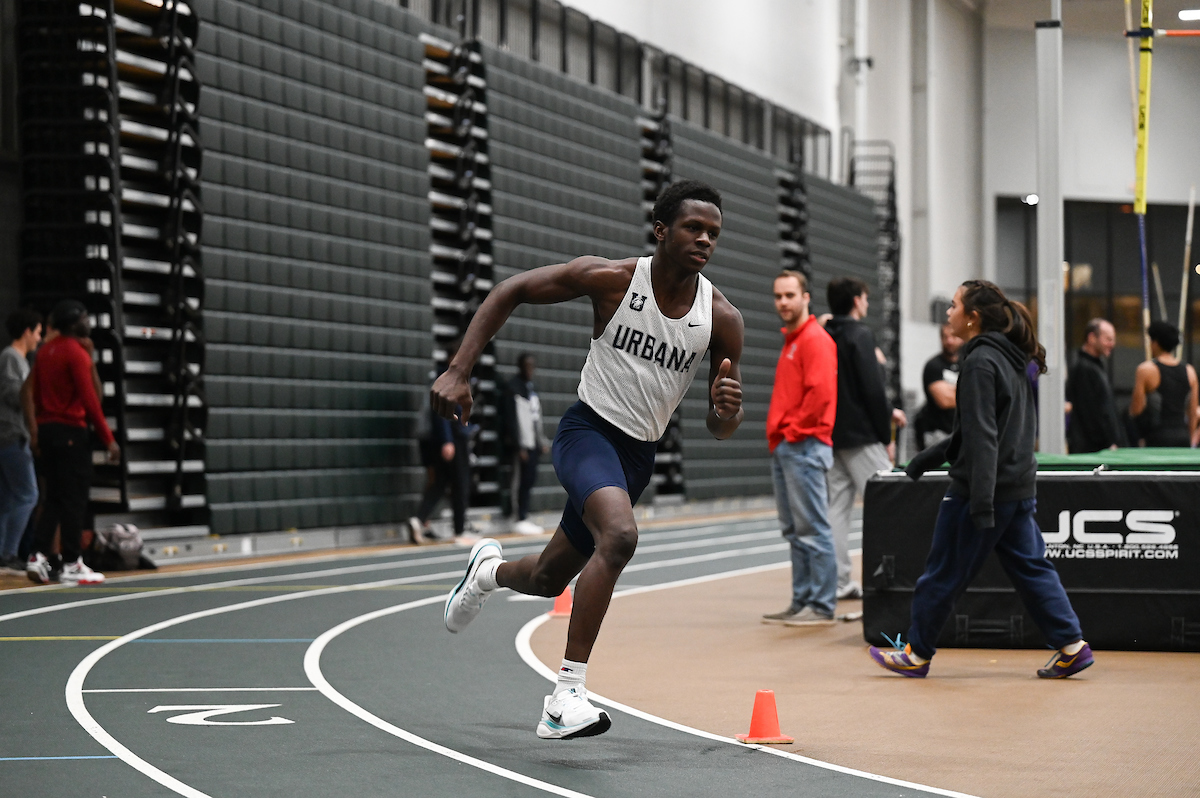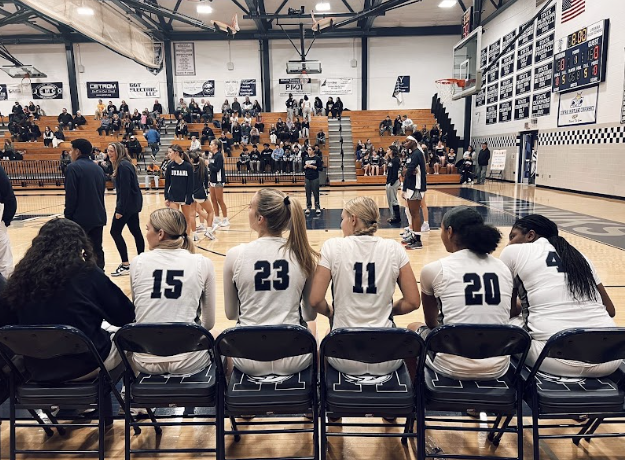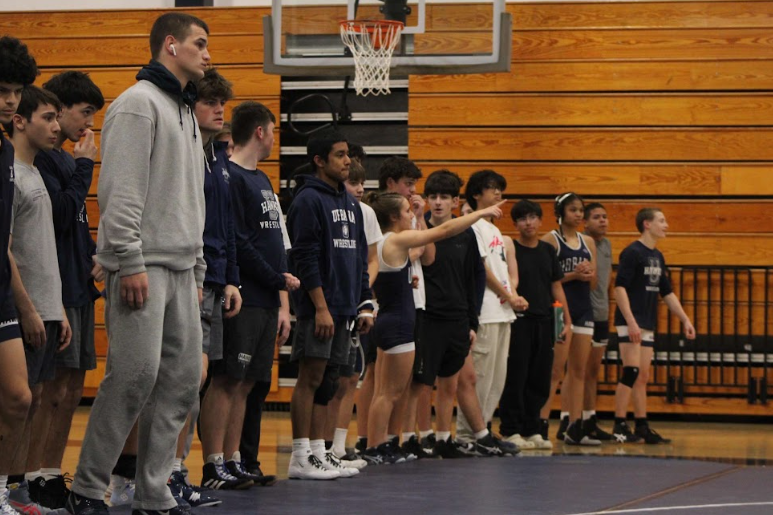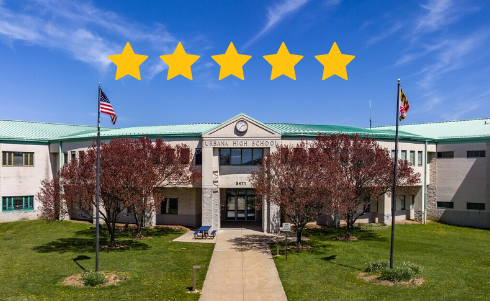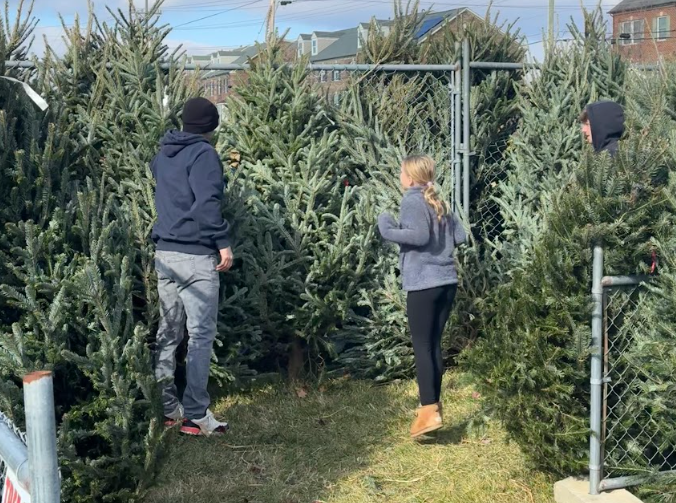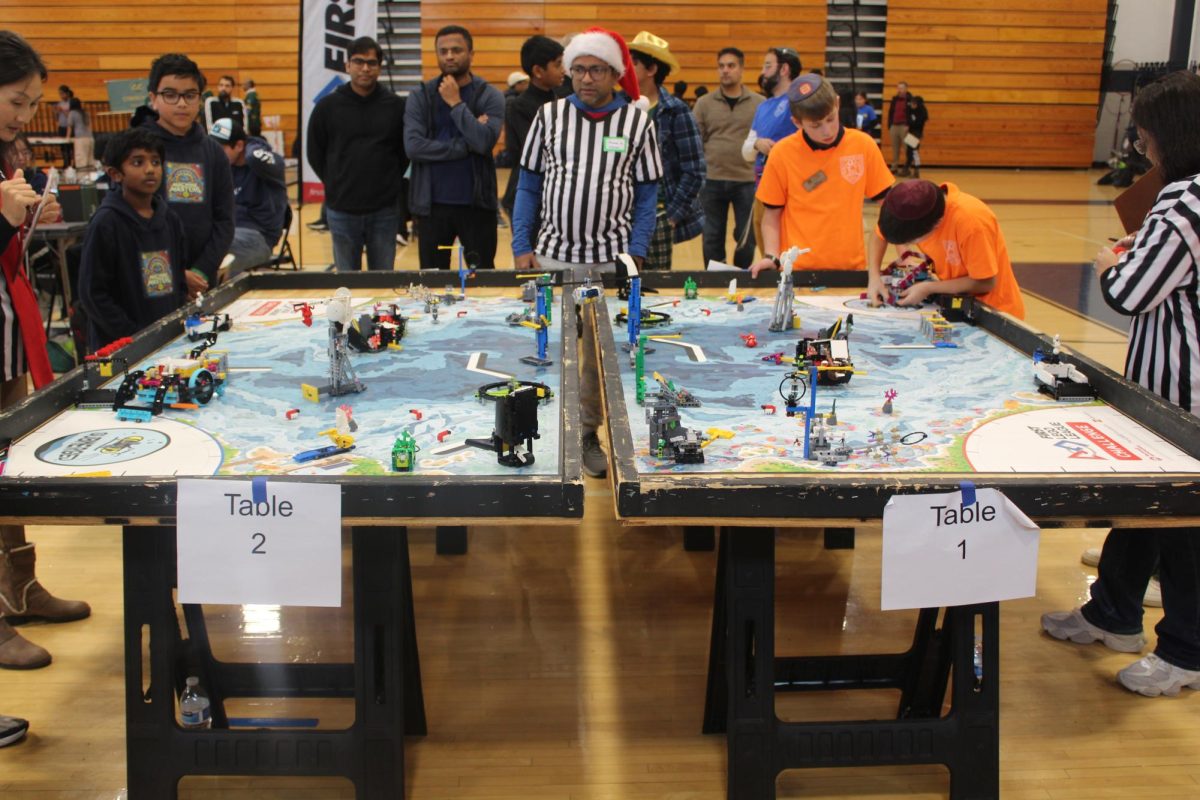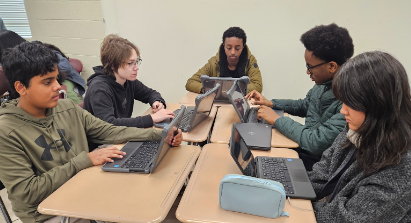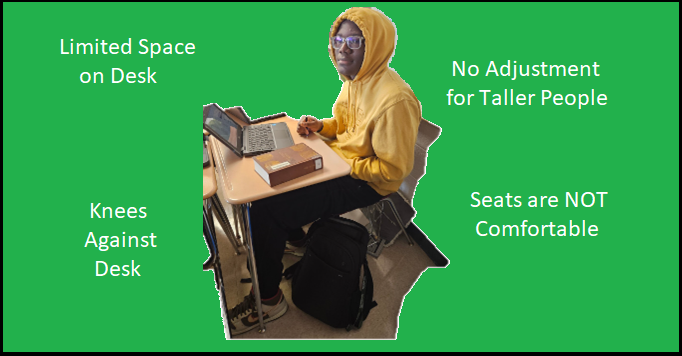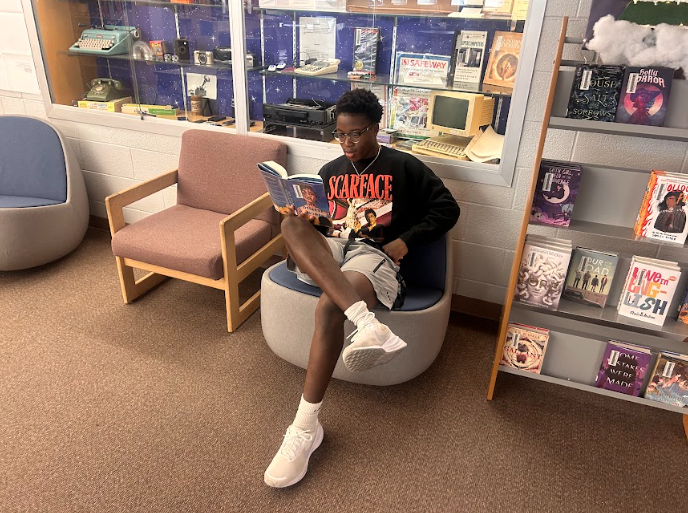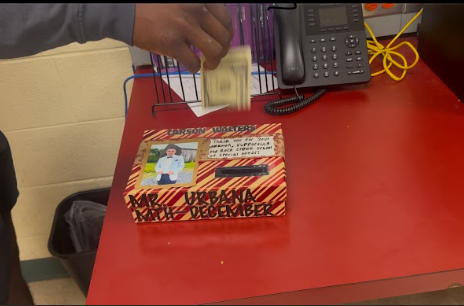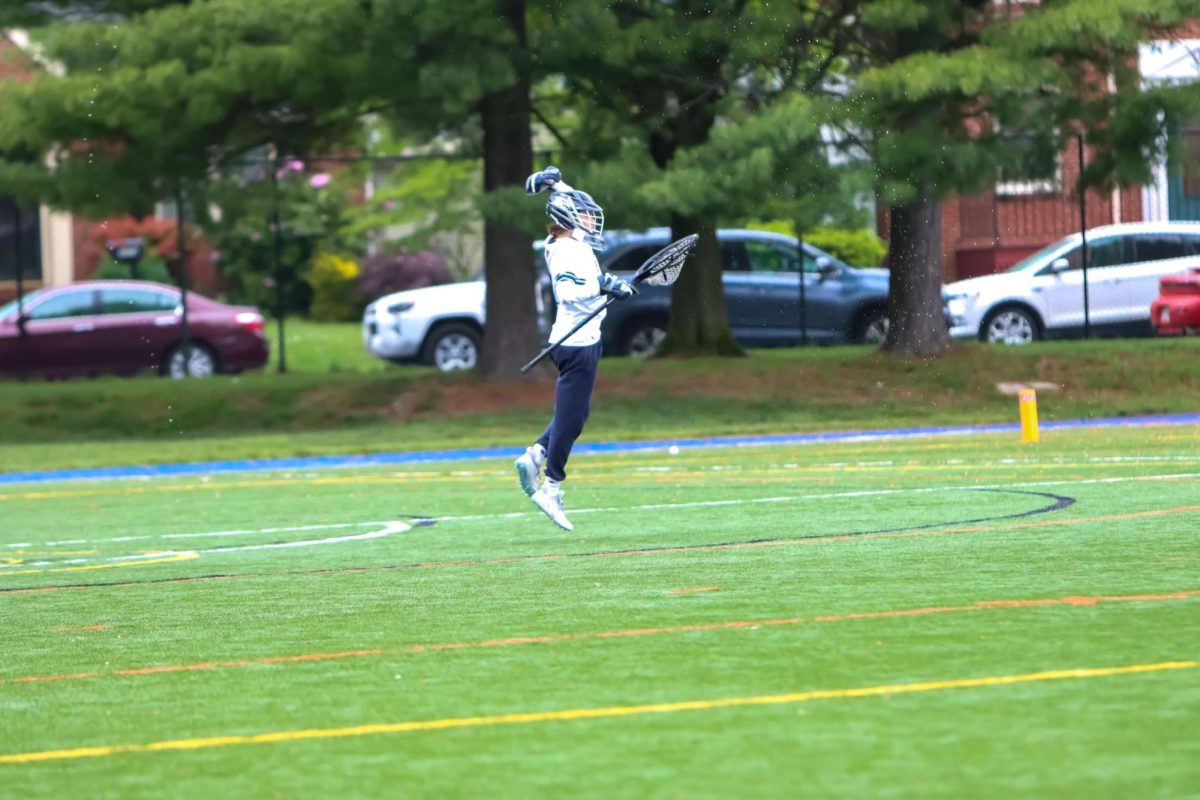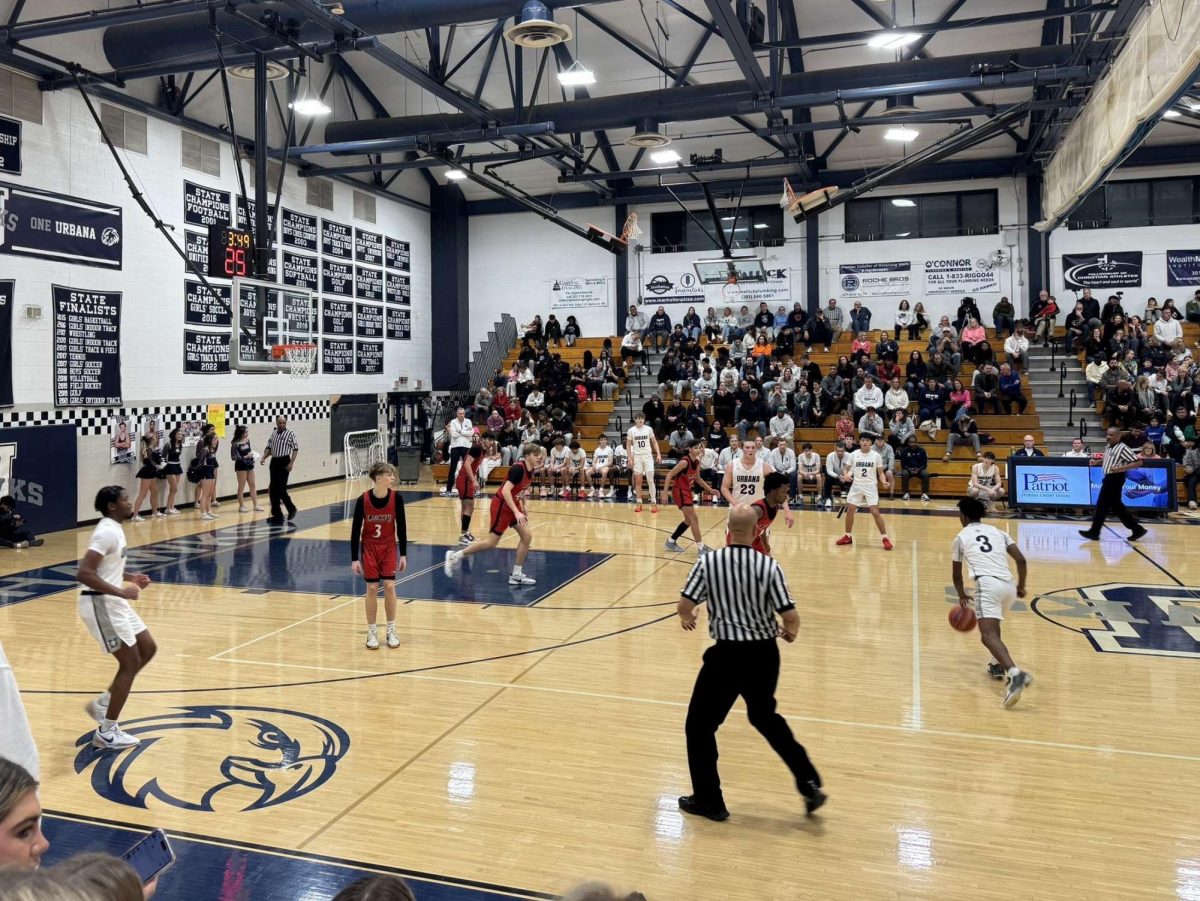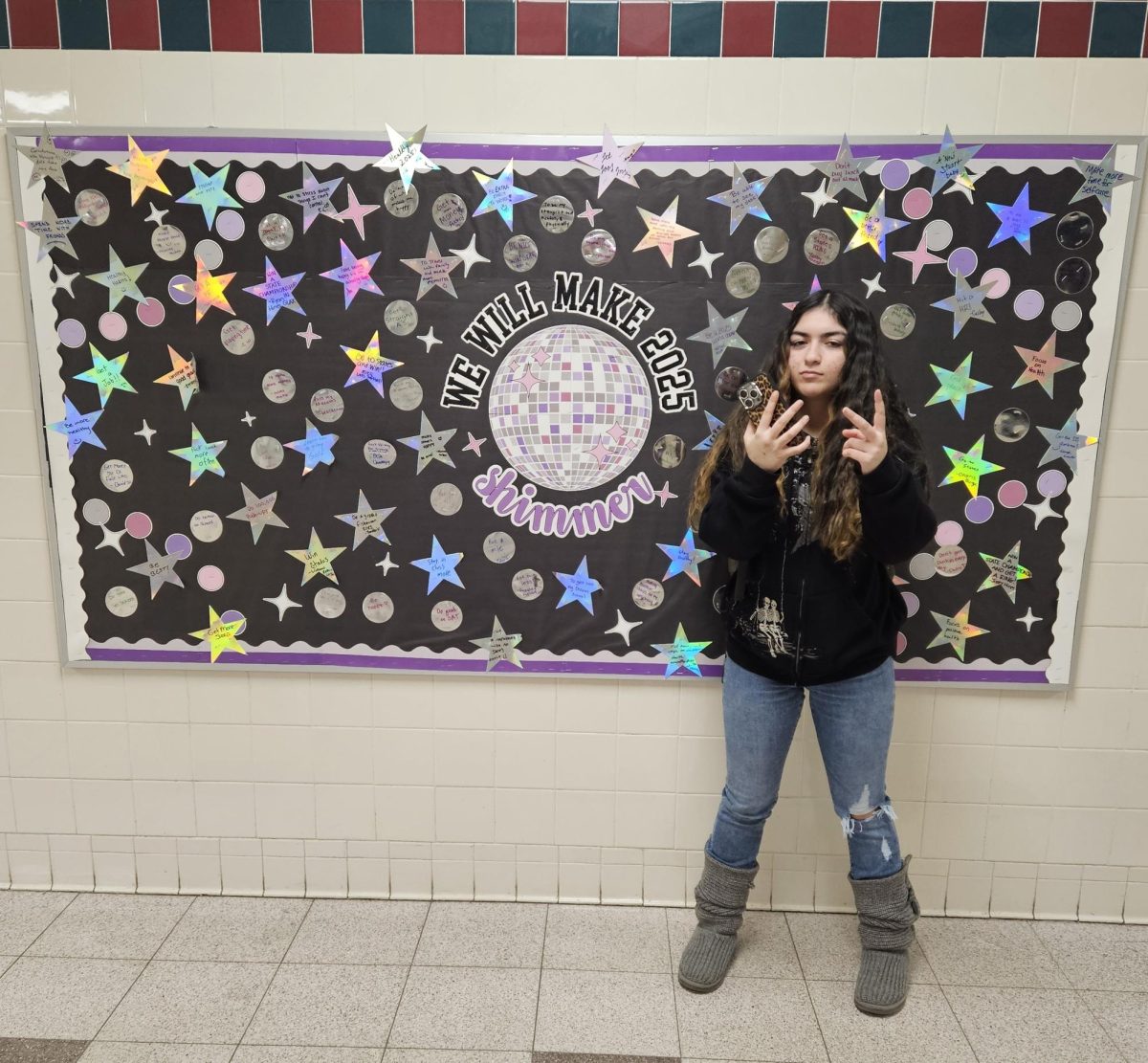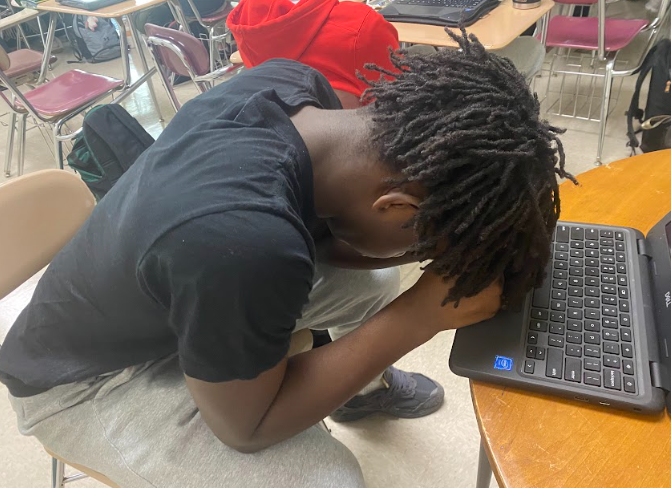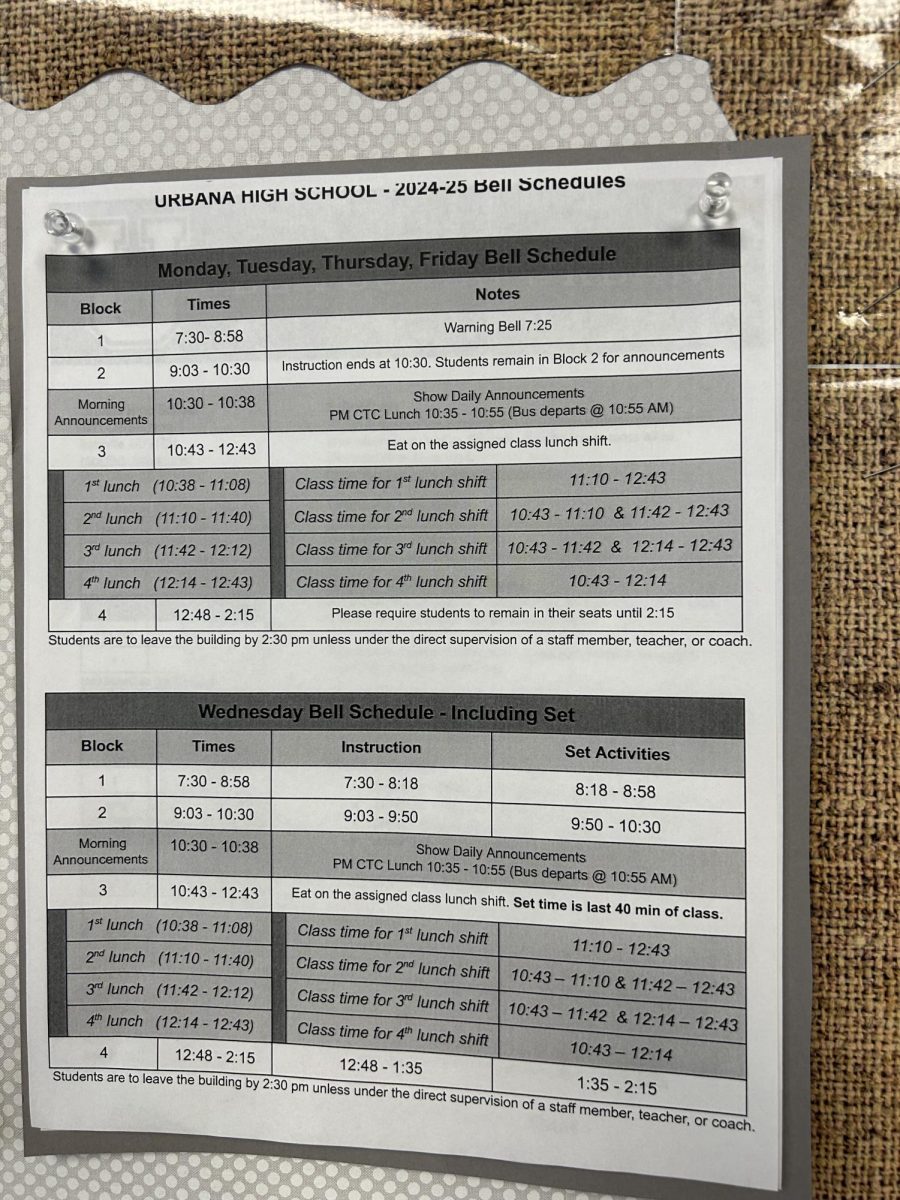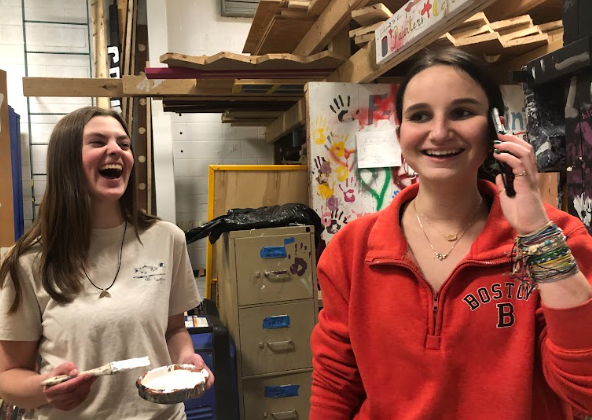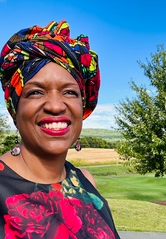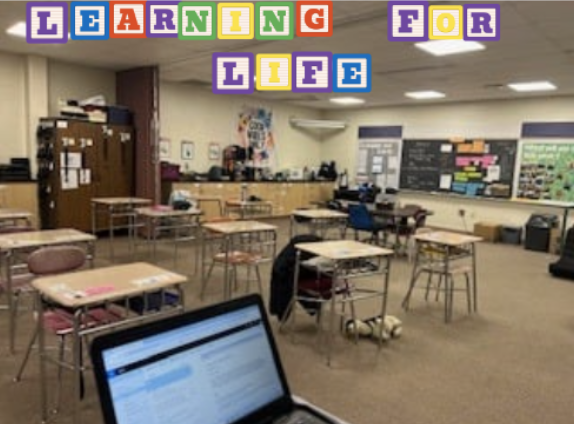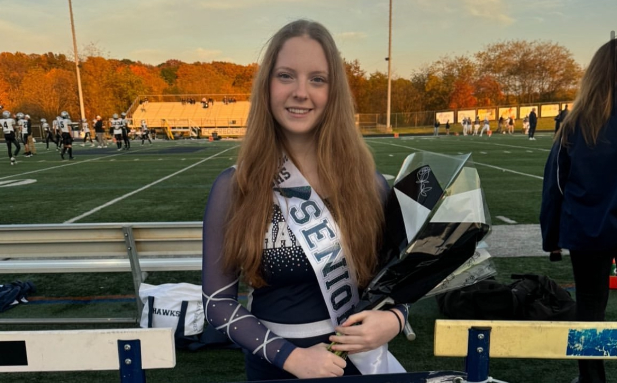Virtual school versus hybrid learning: Do the benefits outweigh the risks?
January 13, 2021
While first drafts of the hybrid learning model were proposed for Frederick County before the 2020-2021 school year even started, it has yet to be actually implemented into the schedule. As of last week, FCPS pushed back the original date students would return to school from January 26 to February 16. In a rather lengthy series of emails, current health metrics and data were presented that showed increasing rates of infection throughout the county, with 55 cases per 100,000 people since Christmas.
This decision came after the suspension of winter sports and small group in-person instruction, as well as a prior announcement from the Urbana High School FindOutFirst of an outbreak at Windsor Knolls Middle School. In her email, Superintendent Terry Alban explained that despite these setbacks, she is “confident about [the] hybrid model” and is just waiting for “the right health metrics to make it happen.” If the county continues seeing an increase in cases by the time that the revised student return date rolls around, a backup date of March 1 was offered. Alban cited “increased availability of vaccines” and “each of us adhering to health guidelines” as ways Frederick residents can get their kids back in school, and she encouraged the community to stay optimistic and “embrace the hope that 2021 brings.”
With all of the uncertainty surrounding COVID-19, this raises a question: just how prepared are our schools? Potential outbreaks of the virus are a likely risk that comes with reopening FCPS, and it’s a decision that is not to be taken lightly. Thankfully, the county appears to be dealing with it to the best of their ability, as they are taking health statistics very seriously. However, the concept of students returning to school is one that comes with several pros and cons, and many community members seem split in their opinions.
On one hand, local and national cases are rising–and rapidly, at that. The increase in positive tests seen now were predicted last month due to the holiday season. Even though health professionals begged people to stay at home and not travel, many disregarded their advice entirely, and the consequences of their actions are appearing in COVID trends now. It’s a good thing the original schedule for hybrid learning is being postponed in response to local health metrics , but some students doubt that they’ll ever return to school this year.
UHS student Lindzie Gordon (12) expressed her concerns around FCPS reopening. “I know that I’m young and healthy, but my parents are high-risk,” she said. “In-person education is in no way, shape, or form as important as our lives.” Leon Adams II (12) agreed, saying that he’d “rather play it safe and stay at home.” He also added that “even though I know that I’m following guidelines, I’m not sure how the school will enforce those rules on everyone else. Going back to school right now without a way to ensure that each person is wearing a mask at all times and social distancing is just too risky.”
On the other hand, some students learn much better in school than out of it. Jackson Lowery (9) is disappointed with how his first year of high school turned out. “I didn’t get the freshman experience I was hoping I would–I feel like I’m not getting enough guidance.” He noted how he’s “not performing as well as [he] might have” if he was able to attend in-person. “It’s hard to focus with all of the distractions at home, and the workload is a lot to handle over the computer.” Younger children especially require in-person learning to reap the full benefits of school, lest they miss out on important communication skills and individual attention from staff. “I miss my friends,” says Alexa Lowery (1).
Damascus High School teacher Linda Gordon offered a unique perspective as to why it’s so important for some students to receive in-person learning. As a staff member of her school’s special education department, she’s witnessed firsthand some of the shortcomings of the school system when it comes to supporting students with different needs. “I don’t like it,” she said in reference to online school. “Out of all 16 of my students, only two of them do better virtually, but given that this is special education it’s either the parents have to help or their caregivers.” She went on to describe the situation that many parents of children with disabilities found themselves in this school year: when they send their kids to school they receive care that can’t be provided at home. Since no one can go anywhere but home right now, parents are being forced to thoroughly drain their pockets on caregivers that can tend to their children during school hours. “It’s costing my students’ parents a lot of money even though we’re doing online school because they have to hire people to help them.” Even with these drawbacks, though, she doesn’t believe that it’s safe enough for FCPS to open any time soon. “I don’t think anyone should go back to school until there is a vaccine.”
Hopefully things start looking up soon–in the meantime, be sure to follow CDC guidelines and check your email for updates from FCPS. The more you social distance, wash your hands, and wear a mask, the sooner your kids can get back in school!

